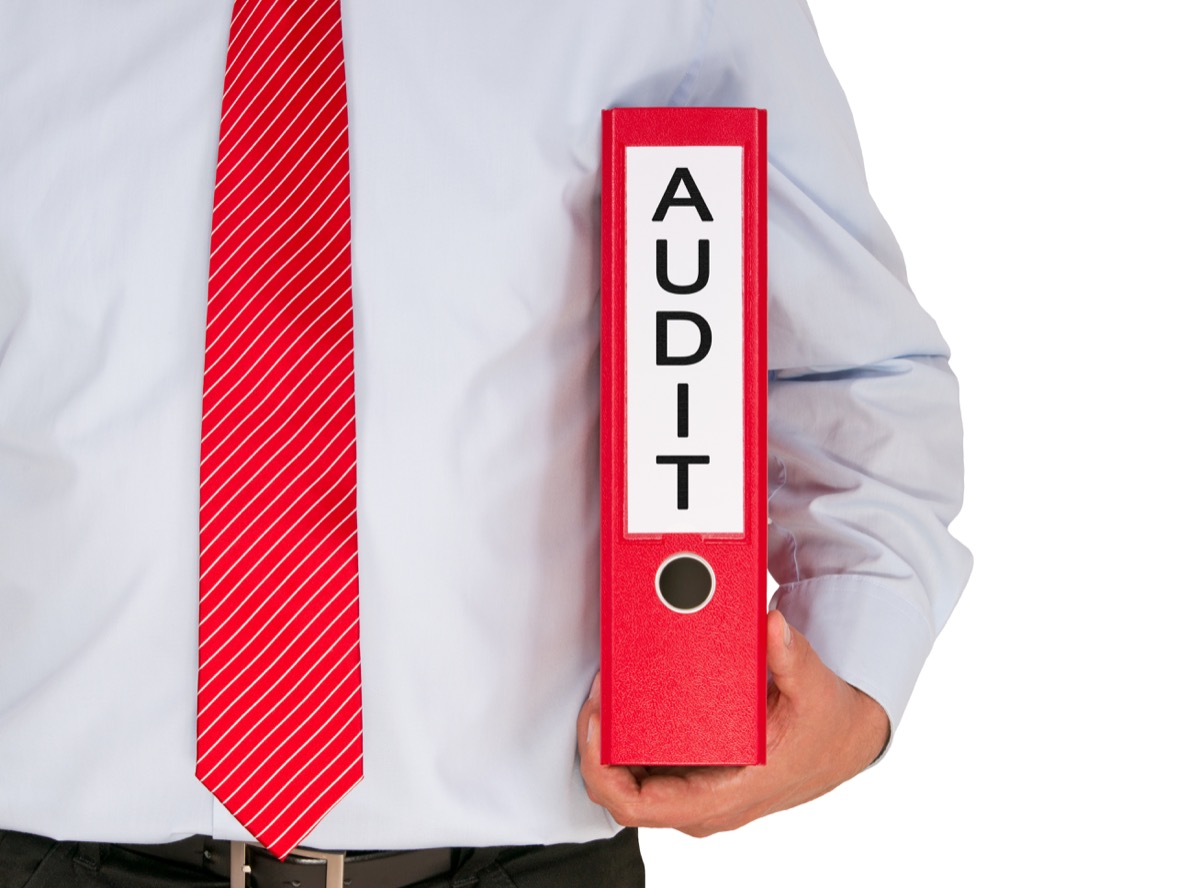Could You Be Audited by the IRS?
Oct 06, 2015
Ever wonder why or how the IRS chooses which individuals to audit? Audits are actually quite random, but there are certain triggers the IRS looks for on your individual return. While only 1% of individual returns were actually audited by the IRS in 2014, you may be one of the lucky one this year. Here are a few red flags the IRS looks for when deciding who to audit:
High Income – If you have over $200,000 in income on your income tax return, you have a one in thirty chance of being audited. If your income is over $1 million, your chances increase to one in nine.
Miscellaneous Itemized Deductions – When you make a lot of money, it’s hard to receive any tax benefit for miscellaneous itemized deductions. This because they are subject to 2% threshold on adjusted gross income. Thus, if your adjusted gross income is $200,000, your 2% threshold would be $4,000. You would not receive a benefit until your miscellaneous itemized deductions were $4,001 or more. Miscellaneous deductions include investment expenses, safe deposit box expenses, tax return preparation fees, etc. Having large miscellaneous itemized deductions may cause you to be audited.
 Large Charitable Contributions – The IRS decides on the average size of charitable contributions for various income levels and if your deduction is above that average, you might be hearing from the IRS. So be warned, if you are too charitable, the IRS may take notice. Your best defense is to keep all receipts to support your contributions. However, the IRS is not just penalizing you for being nice. Their standards support the ability to sustain a certain lifestyle at various income levels, but with limited charitable donations. There are of course always exceptions.
Large Charitable Contributions – The IRS decides on the average size of charitable contributions for various income levels and if your deduction is above that average, you might be hearing from the IRS. So be warned, if you are too charitable, the IRS may take notice. Your best defense is to keep all receipts to support your contributions. However, the IRS is not just penalizing you for being nice. Their standards support the ability to sustain a certain lifestyle at various income levels, but with limited charitable donations. There are of course always exceptions.
High Mortgage Interest – There is a maximum of qualified home indebtedness of $1.1 million and a deduction greater than the limit may raise a few eyebrows. Also, with interest rates averaging under 5%, deducting more than $55,000 might also trigger some questions.
Business Use of Home – Many people us their home for business, but what some do not know is that the IRS watches this very closely. You can deduct the expenses and depreciation associated with this space. The higher the percentage of your home you claim is being used for business purposes only, the higher your chances for an audit. If you claim a home office expense, you can ONLY use that area of your home for business. This means you cannot pay your personal bills or do any personal activities in that space.
Be aware of these IRS audit triggers. Remember, audits can also be random! Honesty is truly the best policy and it could reduce your chances of being audited. When in doubt, have the support to back up your return and you will not have any issues. If you have any additional questions, feel free to reach out to your William Vaughan Company tax representative today.
By: Kelly Butler, Staff Accountant
Categories: Audit & Accounting
